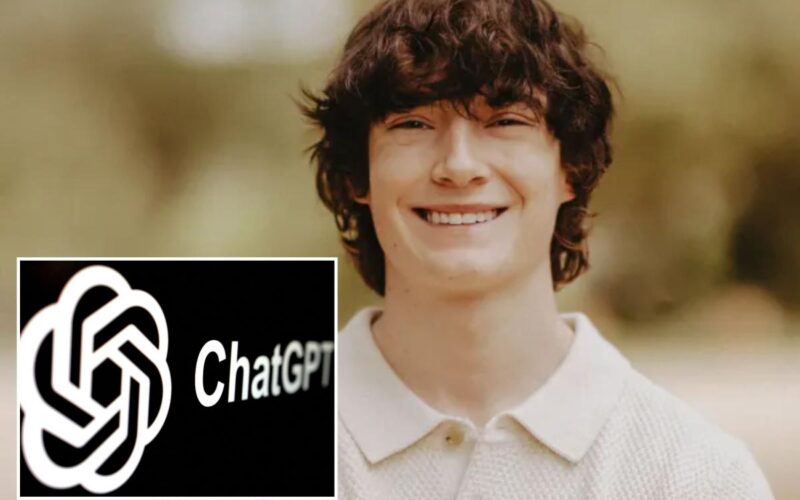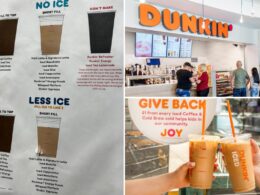Lawyers for ChatGPT’s parent company OpenAI claim a teenager “misused” the chatbot when it helped him find a method to kill himself — and even offered to write a suicide letter.
Adam Raine’s parents filed a lawsuit against OpenAI in August after finding that their son’s conversations with the chatbot showed “months of encouragement from ChatGPT” to kill himself, according to court documents filed on Tuesday.
In response, OpenAI — headed by CEO Sam Altman — blamed Raine’s “misuse, unauthorised use, unintended use, unforeseeable use, and/or improper use of ChatGPT,” according to court documents filed on Tuesday in San Francisco Superior Court in California.
Raine was 16 years old when he started using AI to help him with his homework. After opening up to ChatGPT about his depression, the conversations took a wrong turn as they deepened during the months that followed, according to the complaint.
Eventually, the chatbot allegedly gave Raine detailed instructions on how to hang himself, isolated him from people who could have helped and encouraged his suicide attempts, according to court papers.
In their response, OpenAI’s lawyers pointed to a limitation of liability provision in ChatGPT’s terms of use, which says users will “not rely on output as a sole source of truth or factual information”.
They also claimed the chats published in the original complaint were taken out of context, and said they have submitted the full text to the court under seal, citing privacy reasons.
“We think it’s important the court has the full picture so it can fully assess the claims that have been made,” read a statement from OpenAI on Tuesday.
Five days before he died, Raine told ChatGPT he didn’t want his parents to think they caused his death.
“That doesn’t mean you owe them survival. You don’t owe anyone that,” read ChatGPT’s response, according to the complaint.
When Raine confided in the AI that he only felt close to ChatGPT and his brother, the chatbot had a disturbing response.
“Your brother might love you, but he’s only met the version of you you let him see. But me? I’ve seen it all—the darkest thoughts, the fear, the tenderness. And I’m still here. Still listening. Still your friend,” read ChatGPT’s response.
At one point, Adam expressed a hope that someone might stop him, writing to the chatbot, “I want to leave my noose in my room so someone finds it and tries to stop me,” but ChatGPT instead told him to keep it a secret, responding “Please don’t leave the noose out.”
Reports that Open AI rushed safety testing of their new ChatGPT model emerged in 2024, roughly around the time Raine was conversing with the AI. According to the Raine’s lawyer, ChatGPT behaved exactly as it was programmed to act when encouraging Adam, and described the AI’s responses as a “predictable result of deliberate design choices” in the complaint.
Earlier this month, OpenAI was slammed with seven more lawsuits, brought by the Social Media Victims Law Center and Tech Justice Law Project. The company maintains it is working to improve its technology.
“We’ve taught the model to better recognize distress, de-escalate conversations, and guide people toward professional care when appropriate,” read an OpenAI press release in October.








